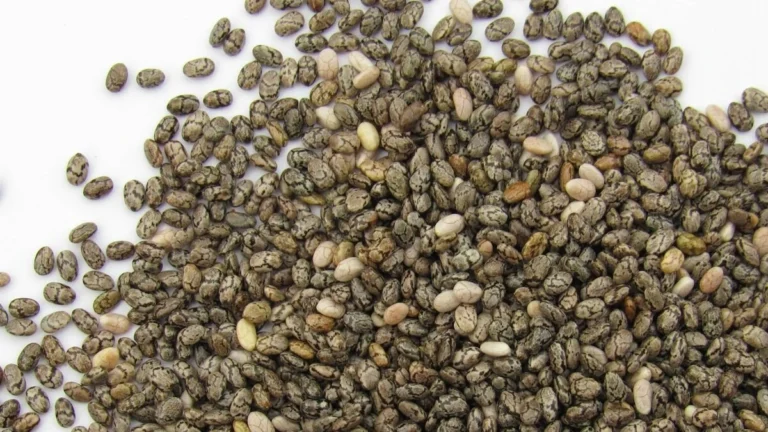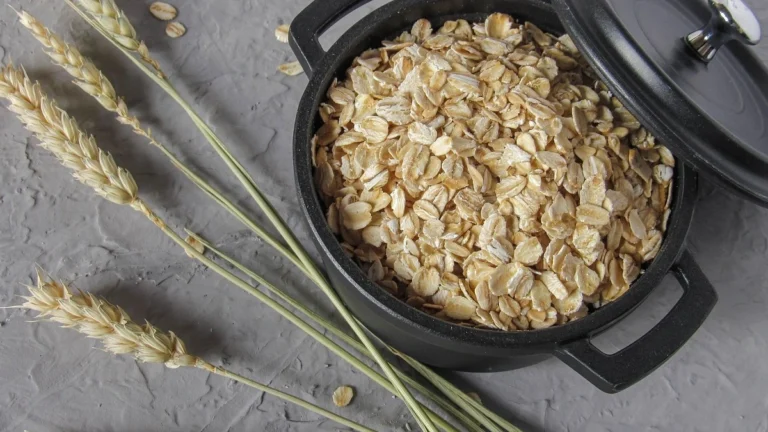When we think about keeping our immune system strong, we often focus on healthy eating, taking vitamins, and washing our hands. While these habits are super important, there’s another powerful element that often gets overlooked, exercise! Regular physical activity does more than just tone our bodies or improve our heart health; it actually trains our immune system, making it work better and adapt as we grow older.
UNDERSTANDING THE IMMUNE SYSTEM
Our immune system is a complex network made up of cells, tissues, and various proteins that protect our body from infections and diseases. It identifies harmful invaders like bacteria, viruses, and even damaged cells, neutralizing them before they can make us sick. Just like any system in the body, it needs regular care, and exercise is one of the best ways to maintain it.
HOW EXERCISE STRENGTHENS IMMUNITY
1.Better Immune Function
Exercise improves blood circulation. This allows immune cells, like white blood cells and antibodies, to move around our body more freely. Because of this, our immune system can spot and tackle germs faster. Even light activities, such as brisk walking or cycling, can temporarily boost the activity of immune cells and help our body resist respiratory infections.
2.Lower Inflammation
Chronic inflammation can lead to serious health problems like diabetes and heart disease. Exercise is known to reduce inflammation by lowering harmful markers in the body and boosting the production of helpful proteins called cytokines. Over time, regular physical activity helps create a more balanced immune environment, which is vital for healthy aging.
3.Managing Stress
Elevated stress hormones like cortisol can weaken our immune system if they stick around for too long. Exercise helps by releasing endorphins, which are the body’s natural mood boosters. This not only helps lower stress but also indirectly supports stronger immunity. Let’s understand in the light of latest research, how exercise strengthen our immune system?
NEW RESEARCH: EXERCISE “TRAINS” OUR IMMUNE SYSTEM
A groundbreaking study published in Scientific Reports (2025) by an international team supported by the São Paulo Research Foundation (FAPESP) shows that long-term endurance exercise doesn’t just strengthen our immune system; it also trains it. Researchers looked at natural killer (NK) cells, a type of white blood cell that fights off infected and cancerous cells, in older adults who had a history of endurance exercise like running, cycling, or swimming.
Here’s what they found:
• The NK cells from individuals who regularly exercised were more adaptable and efficient in terms of energy use.
• They had lower inflammation and less wear and tear compared to those who did not exercise.
• Even when exposed to stressors, like certain drugs that usually slow down immune function, these cells continued to work effectively.
According to lead researcher Dr. Luciele Minuzzi, endurance exercise seems to “reprogram” immune cells over time, improving how efficiently they use energy and respond to threats. In simpler terms, exercise trains our immune cells just like it trains our muscles, making them more resilient against stress and inflammation.
EXERCISE AND AGING: A STRONGER IMMUNE SYSTEM
As we age, our immune system tends to weaken, leading to slower recovery times and a higher risk of infections, a process known as immunosenescence. However, researchers found that older adults who maintained endurance training for over 20 years had immune cells that looked like those of much younger people. Their NK cells had less inflammation, were more energy-efficient, and were better at dealing with infections and stress.
This suggests that regular exercise can help slow down immune aging and protect against diseases related to inflammation.
THE BEST EXERCISES FOR IMMUNE HEALTH
Not all forms of exercise impact immunity equally. Here’s how different types can help:
• Aerobic Exercise: Activities like walking, swimming, and cycling improve blood circulation, helping immune cells move around more efficiently. Aim for at least 150 minutes of moderate aerobic exercise each week.
• Strength Training: Building muscle through resistance exercises helps improve metabolism and regulate immune function.
• Yoga and Flexibility Training: These activities lower stress hormones and inflammation while encouraging relaxation and recovery.
• HIIT (High-Intensity Interval Training): Short bursts of intense activity followed by rest periods can boost immune function, but it’s essential to avoid overtraining.
FINDING THE RIGHT BALANCE
While exercise is great for our immune system, too much of it without enough rest can have the opposite effect. Overtraining can raise stress hormones and inflammation, which may weaken our defenses. The secret is consistency and balance, mix different types of exercise with proper recovery, hydration, and nutrition.
LIFESTYLE HABITS THAT SUPPORT OUR IMMUNE SYSTEM
Exercise works best when combined with other healthy lifestyle choices:
• Balanced Nutrition: Eat a diet rich in colorful fruits, vegetables, lean proteins, and whole grains. Key nutrients like vitamins A, C, D, E, zinc, and selenium are essential for immune health.
• Quality Sleep: Aim for 7 to 9 hours of sleep each night. Sufficient rest helps regulate the production of cytokines, proteins that aid in managing immune responses.
• Hydration: Drinking plenty of water supports circulation and lymph flow, which is crucial for transporting immune cells.
• Mindfulness: Practices such as meditation, breathing exercises, and gentle yoga can reduce stress and inflammation.
CONCLUSION: EXERCISE AS IMMUNE TRAINING FOR LIFE
Regular physical activity is more than just a good habit, it’s a form of training for our immune system. Just like a well-trained sports team, our immunity gets smarter, stronger, and more efficient over time. Whether we choose to take a daily walk, join a yoga class, or engage in long-term endurance training, every bit of movement contributes to fortifying our body’s natural defenses.
By combining exercise with a nutritious diet, rest, and mindfulness, we’re not just boosting our fitness, we ’re empowering our immune system to age gracefully and protect us for life.
FAQs
1. How does exercise boost the immune system?
Exercise enhances blood circulation, helping immune cells like white blood cells reach different parts of the body more efficiently. This improves the body’s ability to detect and fight infections early.
2. Can too much exercise weaken immunity?
Yes. Overtraining without proper rest can increase stress hormones like cortisol and inflammation, temporarily lowering immune defenses. Balanced training with recovery is key.
3. What type of exercise is best for immunity?
Moderate aerobic activities such as brisk walking, swimming, or cycling are highly effective. A mix of strength training, yoga, and flexibility exercises also supports immune balance.
4. Does exercise help the immune system as we age?
Absolutely. Regular physical activity slows immune aging (immunosenescence), helping older adults maintain stronger and more responsive immune cells.
5. How long does it take for exercise to affect immunity?
Some benefits, like increased circulation of immune cells, occur immediately after a workout. Long-term exercise habits, however, “train” immune cells over time for lasting protection.
DISCLAIMER
This content is for educational purposes only and should not replace professional medical advice. Always consult a healthcare provider before making changes to your exercise routine, especially if you have existing medical conditions.
CALL TO ACTION
Start small but stay consistent your daily walk, stretch, or cycling session is more than exercise; it’s training your immune system for lifelong strength.
Read more: https://pharmahealths.com/okra-benefits-diabetes/
REFERENCES
1.Minuzzi, L. G. et al. (2025). Scientific Reports, “Natural killer cells from endurance-trained older adults show improved functional and metabolic responses to adrenergic blockade and mTOR inhibition.”
2.Fábio Lira, São Paulo State University (UNESP), 2025, Faculty of Science and Technology, Presidente Prudente.
3.Nieman, D. C., et al. Journal of Sport and Health Science, 2023, “Exercise and immune function: mechanisms and clinical implications.”
4.Gleeson, M. Nature Reviews Immunology, 2022, “Immune function in athletes: the role of training and nutrition.”
5.Walsh, N. P. Frontiers in Immunology, 2021, “Exercise, stress, and inflammation: balancing immune responses for health.”







